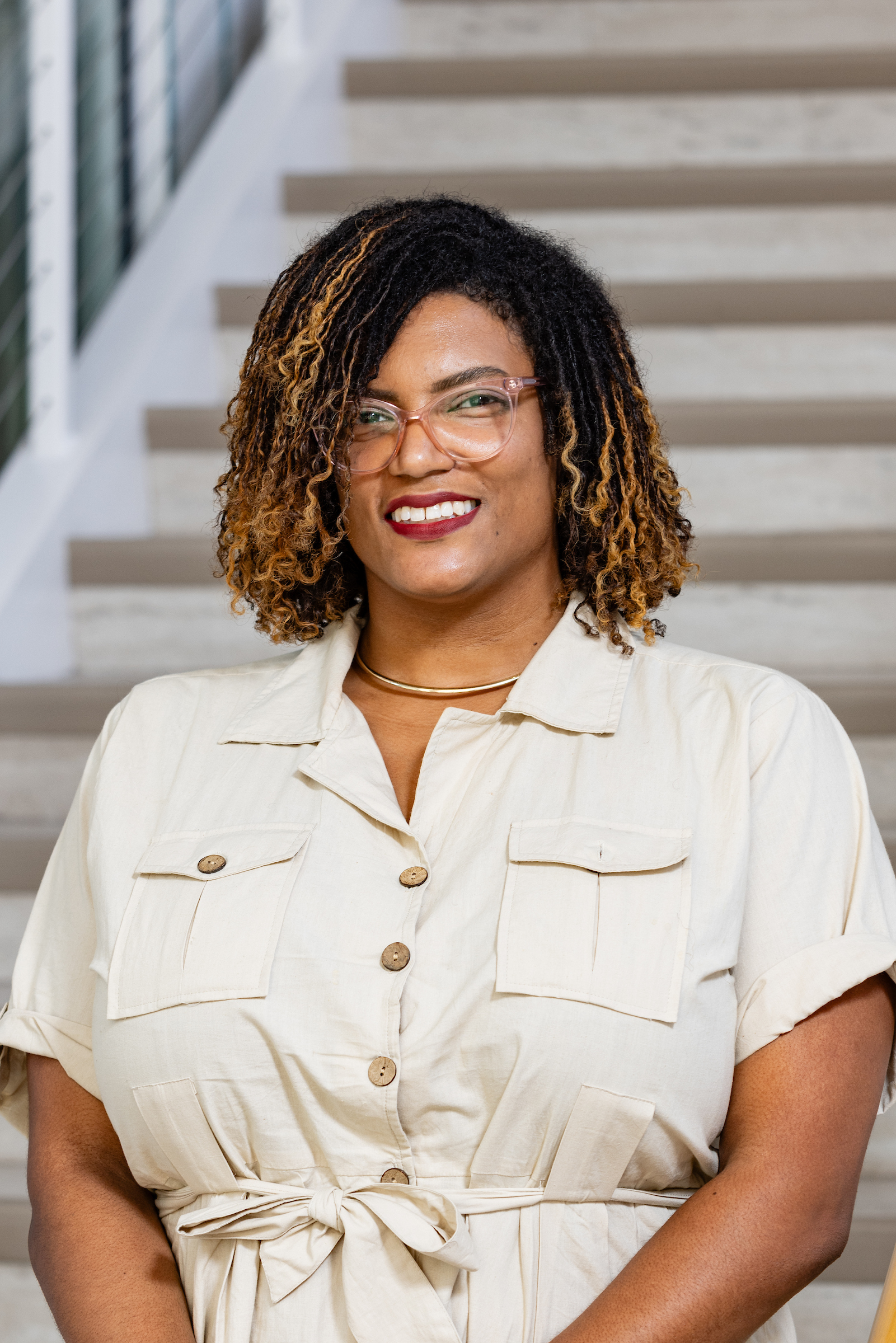Most older adults want to thrive in their own homes (or “age in community”), but this may become difficult for some as daily activities could become difficult to manage.
By 2040, 1 in 5 Americans will be 65 or older and about 28 million will be 80 or older. CAPABLE has been addressing this societal challenge since the program’s initial pilot in Baltimore in 2009.
Through the program, older adults collaborate with a nurse, an occupational therapist, and a handy worker to set actionable goals and modify their housing to age with dignity in their communities. The program has been proven to lower health care costs—roughly $3,000 in program costs saves $22,000 per person in avoided medical costs and nursing home admissions.
CAPABLE at the Johns Hopkins School of Nursing
Older adults, their families, and the communities in which they live all benefit when people can age in community. There is rigorous evidence, and as a result CAPABLE has expanded to over 40 sites and 21 states, and even has international sites in Sydney, Australia and recently, Nova Scotia, Canada.
It’s not only going to keep growing but it is a model for how we can do better to deliver care and well-being to individuals and communities.
Redesigning the American Health System
Right now, the School of Nursing is preparing to launch the Institute for Policy Solutions. It aims to shift policy and practice away from sick care toward preventive and whole-person care.
Programs like CAPABLE will set the standard of where we’re going, and ultimately help us redesign the U.S. health system. In October 2022, the Johns Hopkins School of Nursing announced that Care Synergy, a network of hospice, home health, and palliative care affiliate partners, would become the CAPABLE national hub, charged with growing CAPABLE services nationwide.
“Care Synergy’s experience and expertise will expand CAPABLE to even more locations across the country,” said Dean Sarah Szanton, PhD, RN, FAAN, CAPABLE co-developer.
Care Synergy has already secured partnerships around the country, and several states including Colorado, Connecticut, Massachusetts, and Vermont have or are planning to implement CAPABLE using funds from the American Rescue Plan of 2021 or their Medicaid programs. What’s more, AARP recently included CAPABLE in its Long-Term Care Scorecard. A state gets an extra point for “innovation” if they provide CAPABLE.
Szanton and her team realize the program’s policy implications. “CAPABLE improves people’s lives while saving costs. We are working to make it a Medicare benefit so it can reach the millions of older adults who could use it,” she said.
What’s more, health care financing is moving toward patient-centered outcomes, satisfaction, and engagement. “CAPABLE is off the charts in terms of that.” said Szanton. “People love it, it makes them love and trust their health plan and be more engaged in primary care.”
From Baltimore to Colorado
Care Synergy now runs the program from its home base in Colorado. As a result, the state is at the forefront of exciting program developments.
Care Synergy affiliate, the Colorado Visiting Nurses Association opened three new CAPABLE sites around the state: a site in the Denver metro area in January 2023, south of Denver in June, and will soon open a site to the north.
“We just hired staff,” said Colleen Morton, program manager and registered nurse. “To open a new site, you have to have the people in place, your nurses, occupational therapists, and handymen.”
The Colorado Visiting Nurses Association has been a licensed CAPABLE provider since 2017 and has enrolled over 650 clients. They recently received a $2.3 million grant from the Colorado Department of Health Care Policy and Financing to support and expand CAPABLE, especially targeting Medicaid beneficiaries. While Colorado won’t be the first state funding CAPABLE through Medicaid, it would be the biggest.
“We get to change lives,” said Morton. “The staff feel honored to be able to work with clients and empower them to be able to stay in their homes.”
Read more:
- Institute for Policy Solutions at Johns Hopkins School of Nursing
- CAPABLE National Center
- CAPABLE at the Johns Hopkins School of Nursing
- The Meteoric Rise of Johns Hopkins’ CAPABLE Program
- Care Synergy Becomes National Center for Johns Hopkins’ CAPABLE Program
- Another State Invests Millions into Aging-In-Place Program CAPABLE
- Nova Scotia Province to Partner with CAPABLE National Center to Implement CAPABLE Program to Care for Seniors


